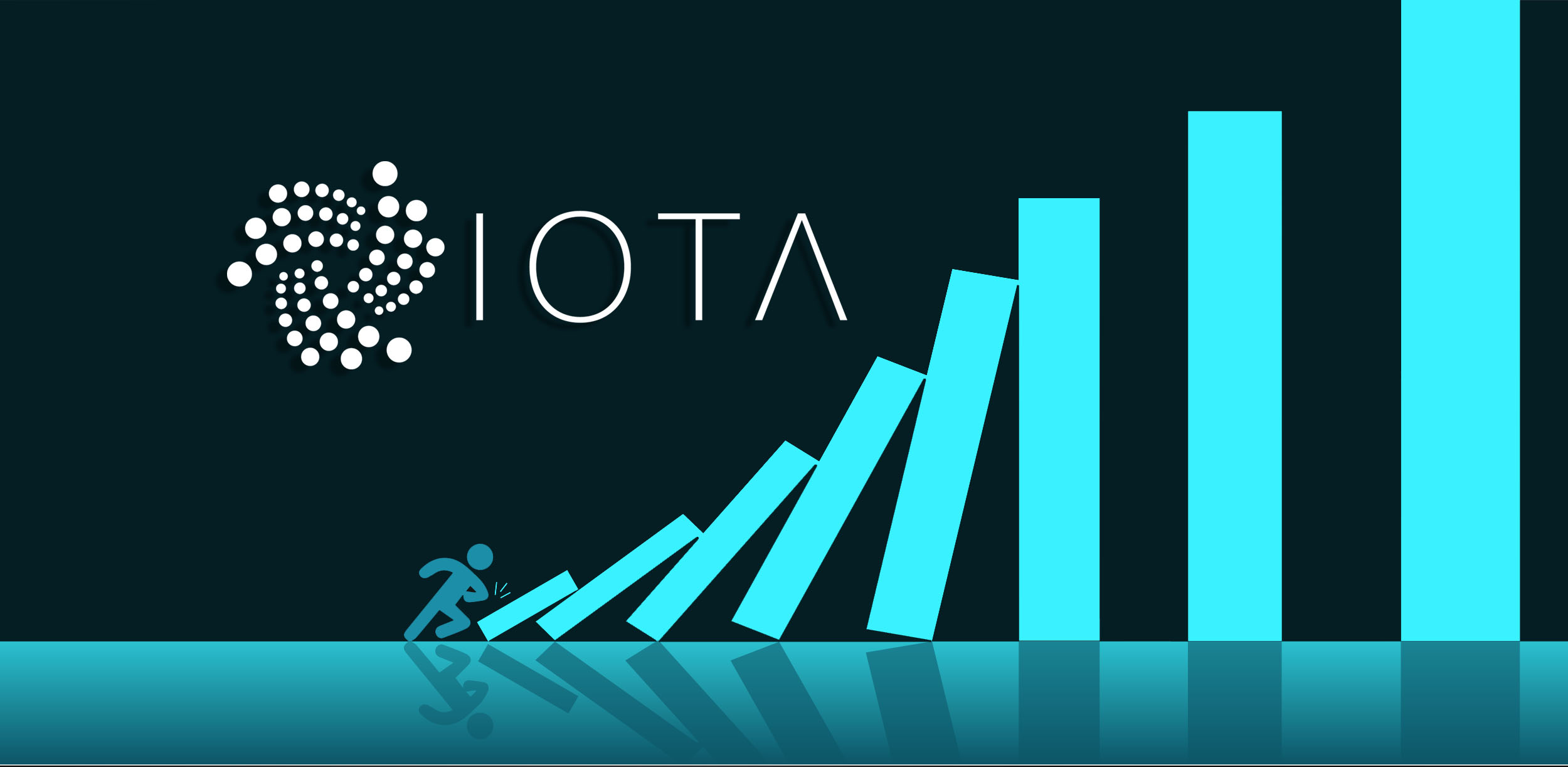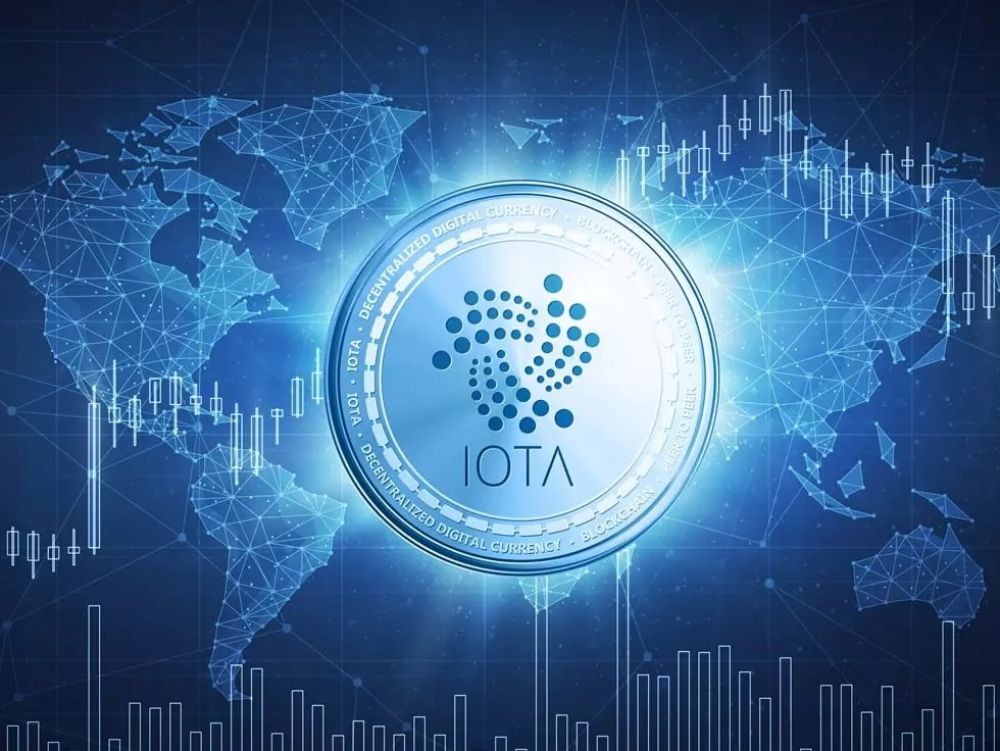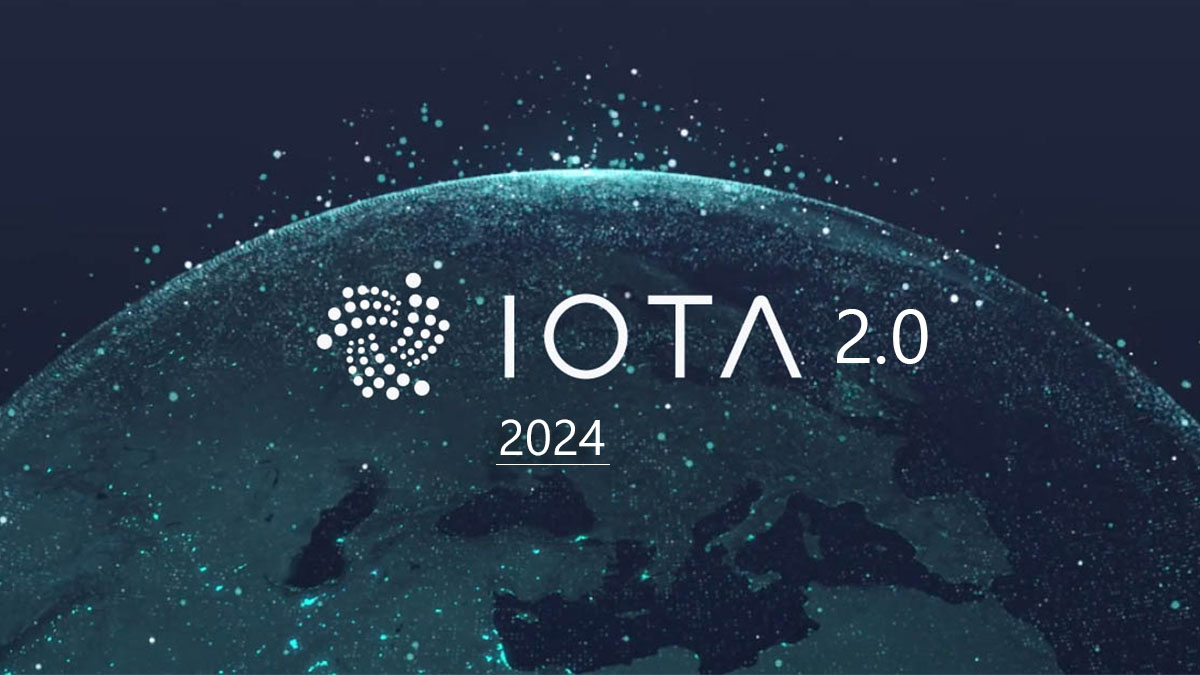|
Getting your Trinity Audio player ready...
|
The fight for a more sustainable future takes a significant step forward with IOTA’s recent partnership with Digimarc. This collaboration aims to revolutionize plastic recycling in the agricultural sector, leveraging the power of blockchain technology to address critical transparency challenges.
A Pilot Project with Green Ambitions
The partnership forms part of the second pilot testing phase of the European Commission’s Digital Product Passport (DPP) initiative. This regulation seeks to improve transparency within product lifecycles, with a specific focus on enhancing plastic waste management in agriculture.
“The lack of transparency and verifiable information is a major hurdle in agricultural plastic recycling,” explains Dominique Guinard, VP of Innovation at Digimarc, in a blog post. Partnering with IOTA, through the support of the Agro2Circular (A2C) project, aims to bridge this gap.
Blockchain Anchors Trust and Transparency
The project leverages the European Blockchain Service Infrastructure (EBSI) – a distributed ledger technology designed to facilitate cross-border services within Europe. Importantly, it utilizes Digimarc’s innovative digital twin technology. This technology employs advanced watermarks or QR codes to capture real-time product information.
This data is then stored securely on Digimarc’s Illuminate platform before being anchored to the immutable IOTA ledger. This allows all stakeholders, from waste producers to recycling facilities, to track plastic throughout its entire lifecycle.
Combating Greenwashing with Decentralized Trust
One of the pilot’s key strengths lies in its exploration of a permissioned trust model. This model utilizes Decentralized Identities (DIDs) and Verifiable Credentials (VCs). These features ensure that only authorized participants can make claims about a product’s sustainability attributes. This approach effectively combats the potential for greenwashing – the misleading portrayal of products as environmentally friendly.
The IOTA distributed ledger serves as the foundation for this trust model. For instance, a central government can issue DIDs to various agencies. These agencies can then issue identities to other participants within the supply chain. Alongside these identities, pre-defined claim types and access permissions are established using the GS1 Common Business Vocabulary (CBV) standard.
Preparing for a Sustainable Future
While uncertainties remain regarding the final form of the DPP regulations, Guinard emphasizes the importance of companies beginning preparations now. “The core requirements are well-defined,” he advises, “and substantial groundwork is necessary to ensure compliance by 2027.”
The successful implementation of DPPs holds immense potential for a more transparent, sustainable, and responsible production landscape. This pilot project serves as a crucial stepping stone towards achieving this vision, demonstrating the power of blockchain and DIDs to empower a more trustworthy product ecosystem.
IOTA’s Continued Commitment to Innovation
Beyond its involvement in the pilot program, IOTA remains dedicated to pushing the boundaries of blockchain development. Recent integrations of the Blast API into its Ethereum Virtual Machine (EVM) and Staragate V2 showcase IOTA’s commitment to improving dApp performance and fostering a more interconnected blockchain future.
I’m the cryptocurrency guy who loves breaking down blockchain complexity into bite-sized nuggets anyone can digest. After spending 5+ years analyzing this space, I’ve got a knack for disentangling crypto conundrums and financial markets.




